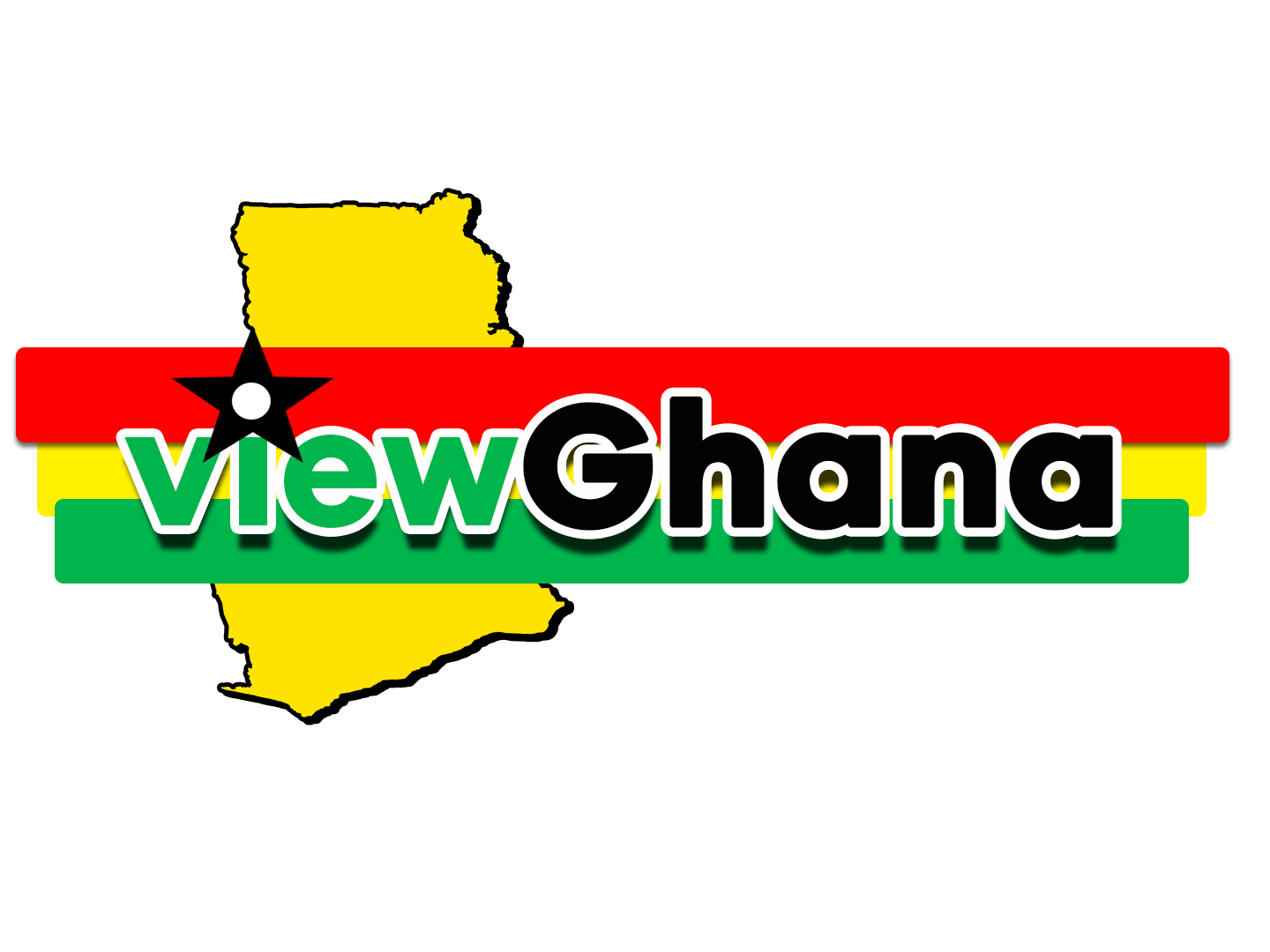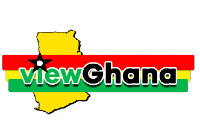5 Scams Tourists Fall For in Ghana (and How to Avoid Them)
Visiting Ghana is always an amazing experience — from the warmth of the people to the rhythm of life that makes you feel instantly at home. But like any country, there are a few scams that catch tourists off guard, especially those new to how things work locally. Whether it’s at the airport, in the markets, or on the road, being aware of these common tricks helps you stay safe and enjoy your trip without stress.
Here are five scams tourists often fall for in Ghana — and how to avoid them.
1. The Whispering Customs Official

You’ve just landed, tired but excited, and suddenly the customs official leans in and whispers:
“Do you have something for me?”
Then they hold onto your passport a little longer than expected, as if they’re not going to give it back until you offer something.
How to handle it:
Stay polite but firm. Smile and say clearly that you have nothing to give. Ask for your documents back calmly — and don’t show frustration or nervousness. Most of the time, if they realise you won’t play along, they’ll hand back your papers and move on.
The key is confidence and composure. You’re not doing anything wrong, and they know it.
2. Black Market Money Exchange

You’re walking through town and a friendly local offers a “better rate” than the banks. They ask for your cash, disappear briefly into a crowd, and return with a bundle of smaller notes — often short of a few cedis.
This one happens quickly, and once it’s done, there’s little chance of recovering your money.
How to avoid it:
Don’t exchange money on the black market unless you’re with a trusted local who knows the dealer personally. Always go to a registered forex bureau or a recognised money exchange counter — they’re everywhere in Accra, Kumasi, and the main tourist towns. You’ll get a fair rate and a proper receipt.
3. Taxi Fare Tricks

Unmetered taxis are common in Ghana, especially around airports and major bus stations. Drivers often refuse to use meters and insist on negotiating fares. What starts as GHC 20 for a short ride in Accra can suddenly rise to GHC 100 — usually with excuses about “traffic” or “fuel prices”.
Sometimes drivers even demand more mid-journey, claiming there’s a “roadblock ahead” or a “detour”.
How to avoid it:
Use ride-hailing apps like Uber or Bolt. They use fixed pricing and digital receipts.
If you’re taking a regular taxi, agree on the price before you get in.
Use the phrase “Ebeshi wo ho” (let’s confirm the price) — it shows you know what’s up.
Choose registered cabs with visible licences and colours and avoid unmarked cars, especially after dark.
4. Fake Police and Highway Jackers — What to Know Before You Hit the Road

Scammers sometimes dress in partial police uniforms or use unmarked vehicles to stop travellers. If someone in part uniform waves you down on the highway — don’t stop. These are likely highway jackers pretending to be police.
Real Ghana Police officers are always in full uniform and operate from marked police vehicles stationed at proper checkpoints.
These days, many police checkpoints are equipped with automatic licence plate readers, which instantly show if a vehicle is insured and taxed. If your documents are correct, you won’t normally be stopped.
If you are stopped and everything is in order — stay calm, be polite, and don’t offer any money. Never hand over foreign currency, even if it’s requested — that’s what many are really after.
However, if you know you’re missing something (expired insurance, missing licence, unpaid road tax), be prepared to part with a small amount — no more than GHC 50 — to resolve things politely. Always apologise for the inconvenience and say you’ll sort it out.
On long drives — like from Accra to Ada or Cape Coast — expect multiple checkpoints. One of our team once discovered mid-trip that the insurance hadn’t gone through; thankfully, the officer turned out to be the area commander, and after a friendly chat, granted them a “through pass” to travel safely to Ada and back.
Key takeaway: keep your papers up to date, avoid flashing cash, and stay polite but assertive. If you’re right, the law’s on your side.
5. Counterfeit Souvenir Sales

Ghana’s markets are full of colour, energy, and craftsmanship — but not every “handmade” souvenir is what it seems. Some vendors sell counterfeit Kente cloths or low-quality imitations at high prices, often with dramatic stories about how “the Queen Mother wore this same pattern”.
Tourists are often charged GHC 200–500 for fake pieces that should cost half that.
How to avoid it:
Buy from certified cooperatives or shops displaying “Made in Ghana” labels.
Compare prices at multiple stalls before buying.
Use friendly local bargaining — try “Me pɛ sɛ me hye” (I want to negotiate).
Ask your hotel for trusted craft market recommendations.
Places like Adanwomase in the Ashanti Region and the Kente Weaving Centre in Bonwire are great spots for authentic cloth, where you can even watch the weaving process yourself.
Final Word
Ghana is one of the friendliest countries you’ll ever visit — but a little street sense goes a long way. Most people you’ll meet are genuinely helpful, but staying alert and informed keeps your trip smooth. Keep your documents in order, your smile ready, and your cedis where you can see them.
You’ll leave with memories, not mishaps
Nana Asante Igdam (aka Nana AI) is a prolific writer and editor who exists to write engaging and informative content. Their output is enhanced by using several large language models that reference the viewGhana database












